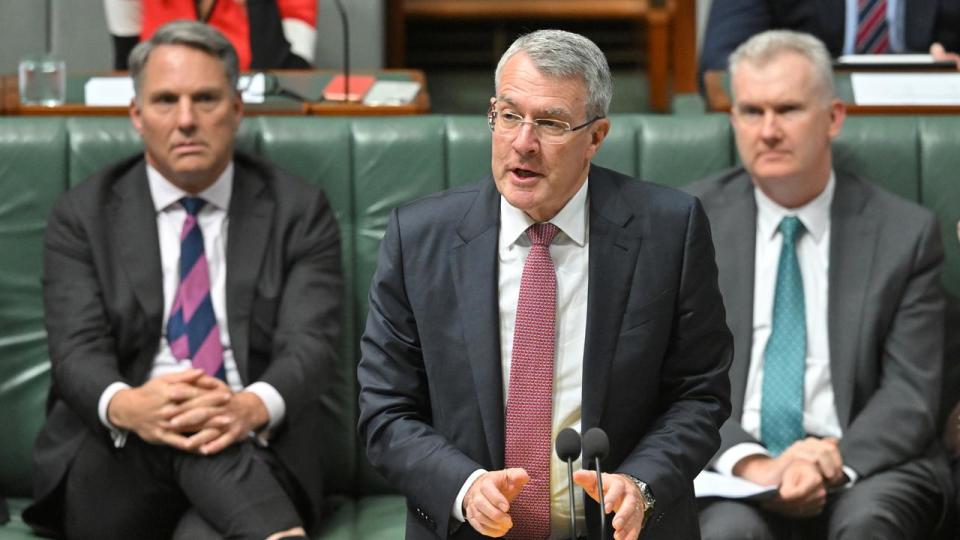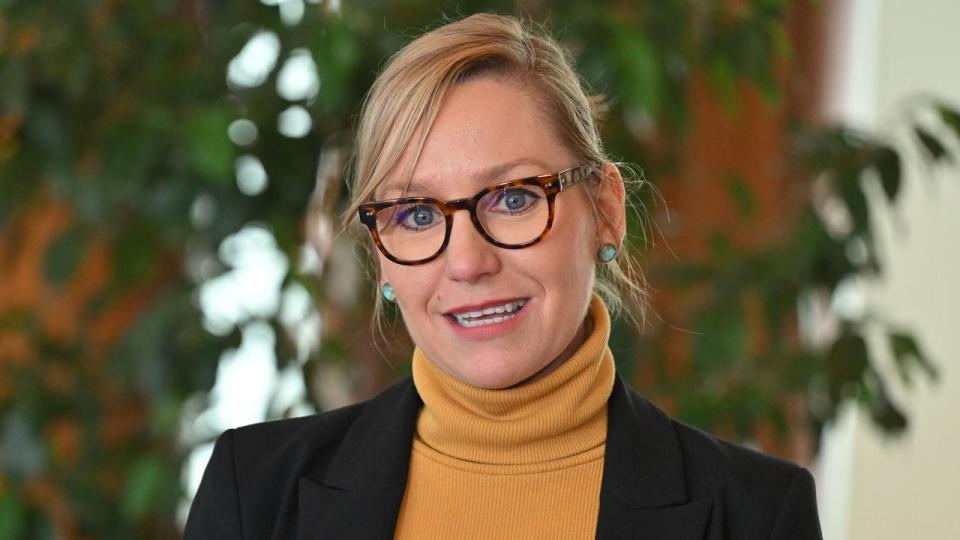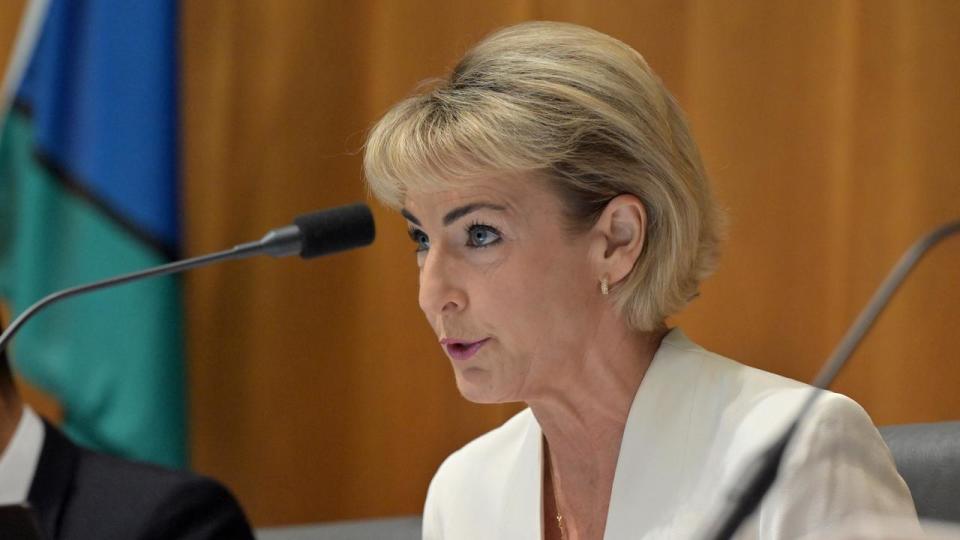Calls to shut down AI porn apps as sharing criminalised
The sharing of sexually explicit AI-generated images and "deepfakes" without consent will be criminalised under new laws, but concerns remain about technology companies acting with impunity at the coalface.
Deepfakes refer to images, perhaps of someone's face and body, that have been digitally altered, often by using artificial intelligence. The images can be superimposed on sexually explicit content.
People who share such images without consent face six years behind bars, while the creators who share them could serve seven years if federal parliament passes the laws.

Attorney-General Mark Dreyfus, who introduced the new laws in the lower house on Wednesday, said it was a deeply distressing form of abuse and criminal penalties would send a message to perpetrators.
"This insidious behaviour is degrading, humiliating and dehumanising for victims," he said.
"Such acts are overwhelmingly targeted at women and girls and perpetuate harmful gender stereotypes and gender-based violence."
It was impossible to tell how many people were affected by the problem, but the number of complaints shows it's an increasingly widespread issue, Mr Dreyfus added.
However, Greens senator Larissa Waters wants laws to stop the creation of images in the first place, rather than waiting for them to go viral.
Easily accessible phone applications can generate images from a reference photo of a person, without any warning about consent or any legal consequences.

Apps hosted overseas contacted by AAP didn't respond to questions asking what safeguards were in place to stop children from accessing explicit content or people generating images without consent.
Apple told AAP its guidelines and a stringent app review process protected users, pointing out that user-generated content primarily used for consuming or distributing pornographic material was strictly prohibited.
But about half a dozen apps offered prompts including "undressing someone", "body retouch", "hot looks", "spicy images" and "pushing the boundaries" - usually under subscriber content.
Face swaps, replicating outfits to "short uniforms", overlaying faces on pornographic content and inserting sexually explicit photos were accessible within half a dozen clicks after unlocking a phone.
Senator Waters welcomed Mr Dreyfus' laws but said it would be better to stop such technology from being accessed by anyone with a smartphone.
"There needs to be accountability for the tech giants who refuse to remove problematic apps and content so that young people aren't exposed to them, and image-based abuse is restricted before it can happen in the first place," she said.
"The tech used to create this abusive content should not be given licence to be downloaded and sold in app stores, and any apps that manage to sneak through should be de-platformed."

But there are limits to the Commonwealth's jurisdiction, which mainly focused on handling telecommunications providers, with states and territories being responsible for other criminal behaviour, Mr Dreyfus said.
The eSafety commissioner also had the power to order harmful, illegal and sexually abusive content to be taken down, Communications Minister Michelle Rowland said.
"This can include issuing app removal notices and fines for non-compliance," she said.
The opposition would work with the government to protect Australians online and had sought a briefing on the new laws, shadow attorney-general Michaelia Cash said.
"The coalition treats sexual offences as incredibly serious matters, whether online or in the real world, and criminalised the non-consensual sharing of intimate images in 2018," she said.
1800 RESPECT (1800 737 732)
Lifeline 13 11 14
National Sexual Abuse and Redress Support Service 1800 211 028
Kids Helpline 1800 55 1800 (for people aged 5 to 25)


